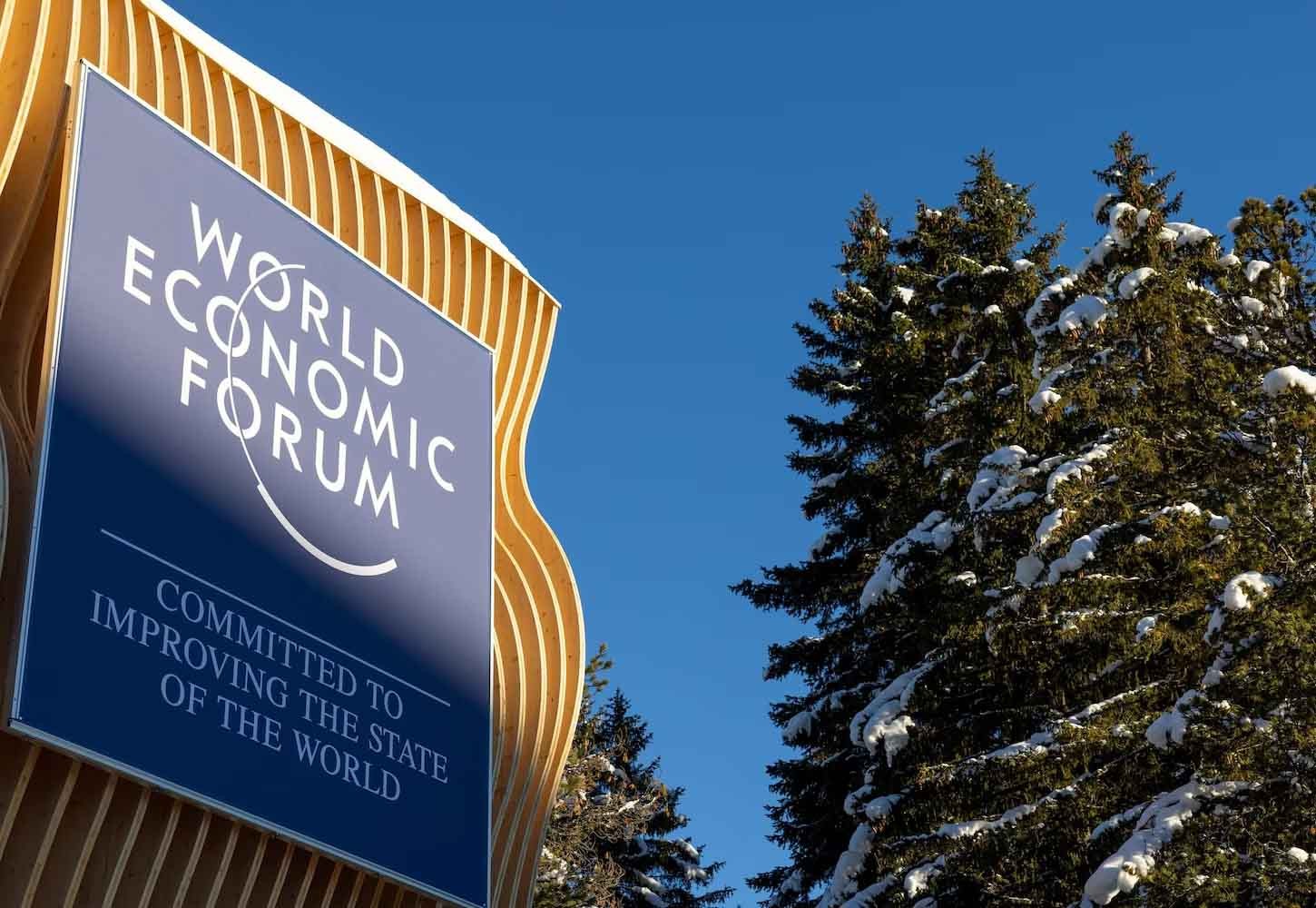 |
| At the 54th WEF Davos, participants promoted the consistent spirit of “openness and cooperation”. Illustrative photo. (Source: cnbctv18.com) |
Following the theme of “Cooperation in a Fragmented World” in 2023, the World Economic Forum (WEF 2024) in Davos, Switzerland this year chose the theme of “Rebuilding Trust”.
This became the largest event since the Covid-19 pandemic, with the participation of nearly 100 senior leaders of countries, international organizations, experts and about 3,000 leaders of global corporations and businesses to discuss the world situation - which is being likened to "a fire that has been smoldering for a long time, but has now flared up fiercely".
“5 billion”
Since becoming a major event in the 1990s and 2000s, the WEF Davos forum has become a symbol of a borderless world, where politicians and business people come together with the common goal of solving pressing global problems.
WEF Davos 2024 opens in a context where the global economy is facing many challenges, from geopolitical tensions, interest rate risks, to technological advances. Oxfam International's latest annual report on wealth inequality, ahead of WEF 2024, is impressive because it coincides with the number "5 billion", but reflects two opposing sides of today's society.
According to the report, 5 billion people in the world are getting poorer - the world's top 5 billionaires have doubled their wealth in the past 3 years. Accordingly, since 2020, the assets of the world's 5 richest billionaires including Tesla CEO Elon Musk, LVMH boss Bernard Arnault, Amazon's Jeff Bezos, Oracle co-founder Larry Ellison and billionaire investor Warren Buffett have increased by 114% to 869 billion USD. Or data from ILO, WB, Wealth-X and Forbes, only the top 1% of the world's richest people now hold 43% of global financial assets.
At the same time, nearly 5 billion people in the world are getting poorer, due to inflation, military conflict and climate change. At the current rate, it will take the world nearly 230 years to eliminate poverty.
Oxfam also said that nearly 800 million workers around the world have been paid wages that have not kept pace with inflation in the past two years, which has cost them an average of 25 days of income each year. Of the world's 1,600 largest companies, only 0.4% have publicly committed to ensuring their workers are paid a living wage and providing support for their workers.
The report found that seven of the world’s 10 largest listed companies have billionaire CEOs or major shareholders. On January 15, they called on governments to curb corporate power by breaking up companies, taxing extraordinary profits, taxing wealth and introducing more shareholder control measures.
Oxfam estimates that the top 148 companies have made $1.8 trillion in profits, up 52% over the past three years, helping shareholders get huge payouts even as millions of workers face a cost-of-living crisis.
“This inequality is no accident,” said Amitabh Behar, Oxfam’s interim director. “Billionaires are driving businesses to make them richer, at the expense of everyone else.”
Finding a way out for the world
Continuing the tradition of more than four decades, since 1971, in Davos - a beautiful town in the Swiss Alps, the 54th WEF Davos, gathering the world's elite, will uphold the consistent spirit of "openness and cooperation". This is also the first WEF to truly return, when the world can focus on growth, instead of just talking about economic recovery or business cycles.
Analysts say the summit is important as economies and, by extension, businesses are facing a complex environment. The backdrop dominating the entire agenda this year is slowing global growth while many economies are struggling with high interest rates, risks amid geopolitical tensions and the consequences of the pandemic, climate change, macroeconomic instability and technological advances that are changing the manufacturing and service sectors.
WEF Managing Director Jeremy Jurgens forecasts global growth of 2.9% in 2024. “At least the economy is growing. But it could have been much higher,” said Jeremy Jurgens. What’s new this year is the surge in participation from Latin America and Asia, representing a “major shift in the global economy.”
Two major military conflicts and a shipping crisis mean discussions this year will be lively. WEF Executive Chairman Borge Brende said the focus of the summit would be high-level discussions on the war in the Middle East, the conflicts in Ukraine and Africa. “We want to bring the people together to see how we can solve these challenging problems,” he stressed.
Let AI Benefit Humanity
According to the IMF, nearly 40% of jobs worldwide could be affected by the development of artificial intelligence (AI). Ahead of WEF 2024, IMF Managing Director Kristalina Georgieva noted that AI will both support and harm the workforce as it becomes more widely applied.
Office workers are considered to be at greater risk than manual workers. AI applications lead to reduced demand for labor, lower wages and reduced hiring. “In the most extreme cases, some jobs could disappear,” Kristalina Georgieva predicted.
Developed countries are likely to be hit harder. According to the report, jobs in developed countries are affected by AI by about 60%, in emerging economies by 40%, and in poor countries by 26%. There are places that have not yet built the infrastructure or skilled workforce to exploit the benefits of AI, increasing inequality over time. Or within the same economy, AI can cause inequality and polarization in productivity and income, between those who can take advantage of AI and those who cannot.
In most scenarios, AI could exacerbate overall inequality, a worrying trend that policymakers must proactively address to prevent the technology from causing further social tensions.
However, in terms of benefits, according to Goldman Sachs, although workers may be affected, the widespread application of AI could ultimately help increase labor productivity and boost global GDP by 7%/year over the next 10 years. The question is, "We must ensure that AI benefits humanity through its own breakthrough change."
It can be seen that the global warming issues over the past year are putting the world economy into a future that requires urgent action from all countries.
Source










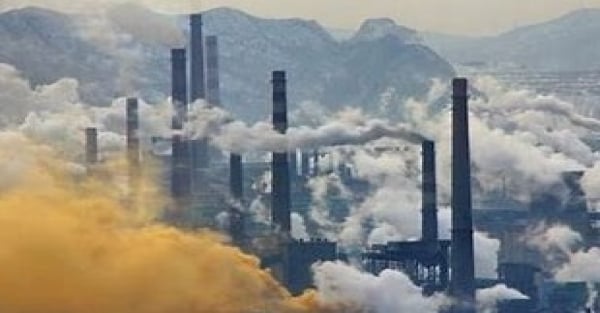






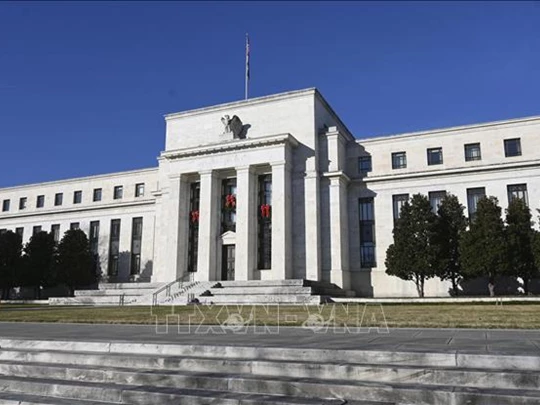










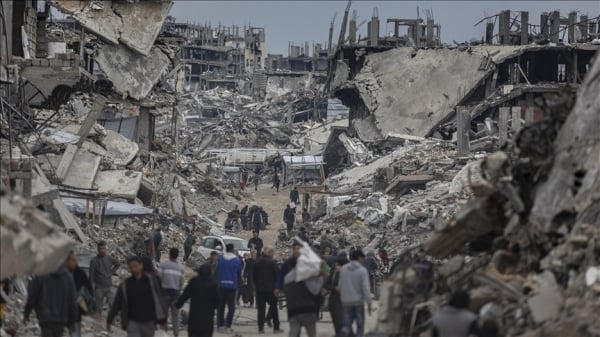
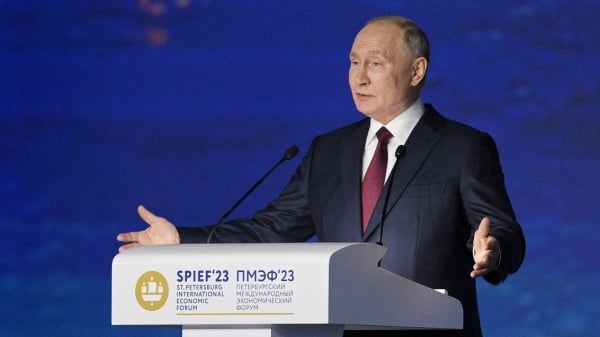



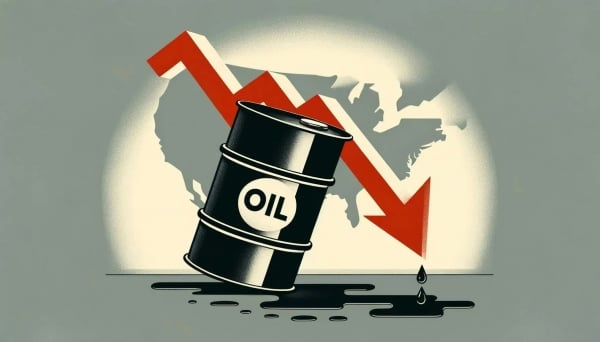











Comment (0)